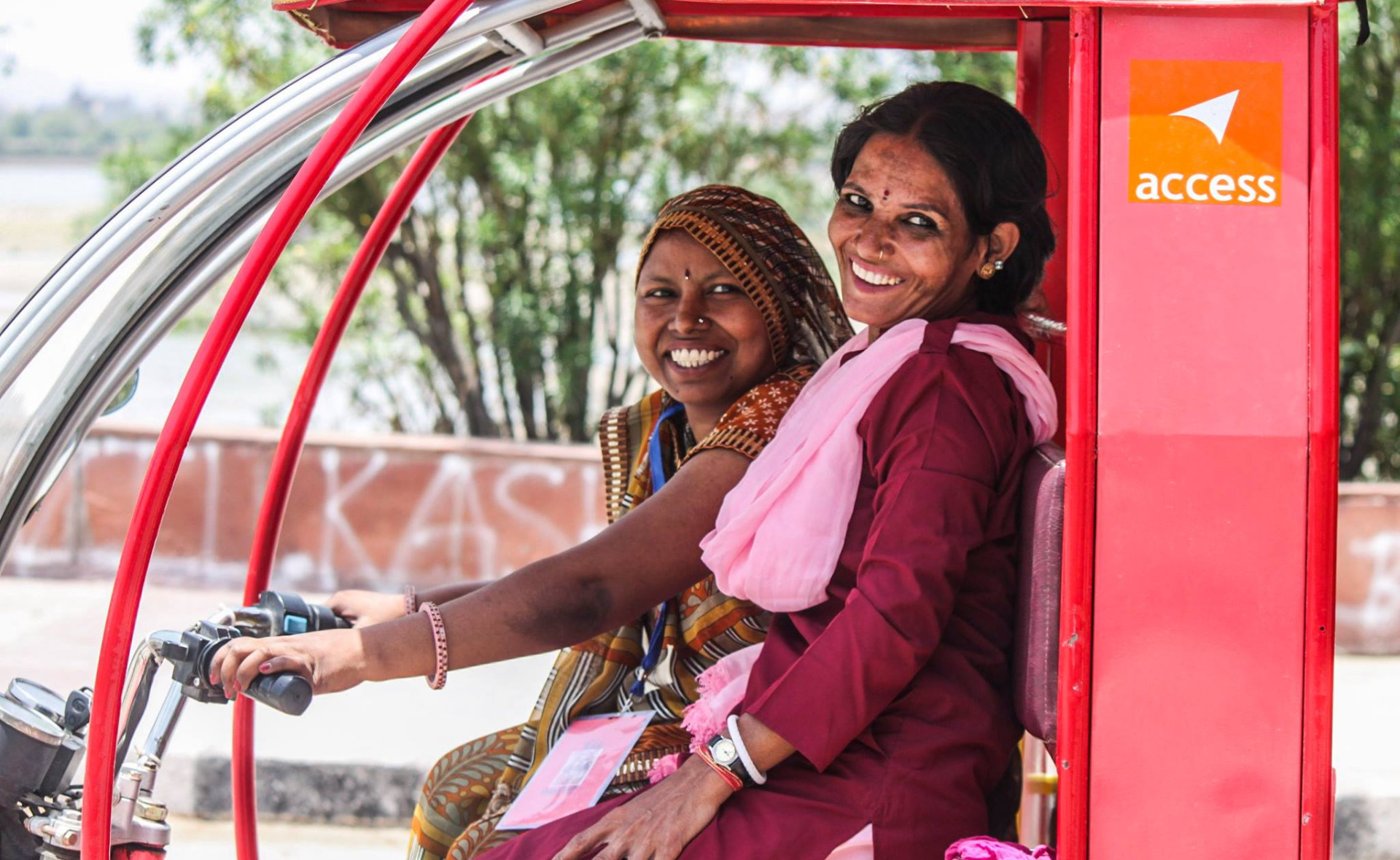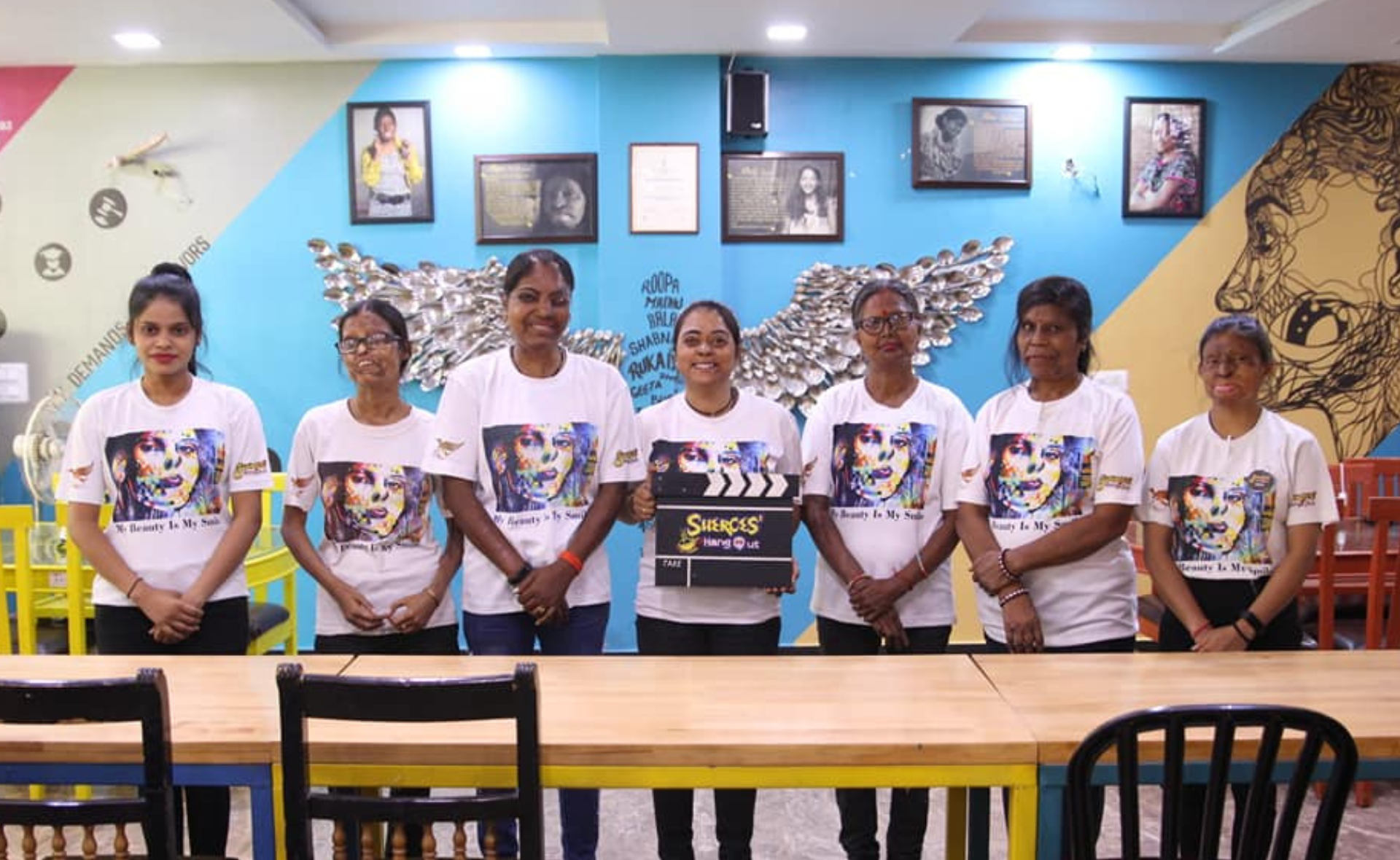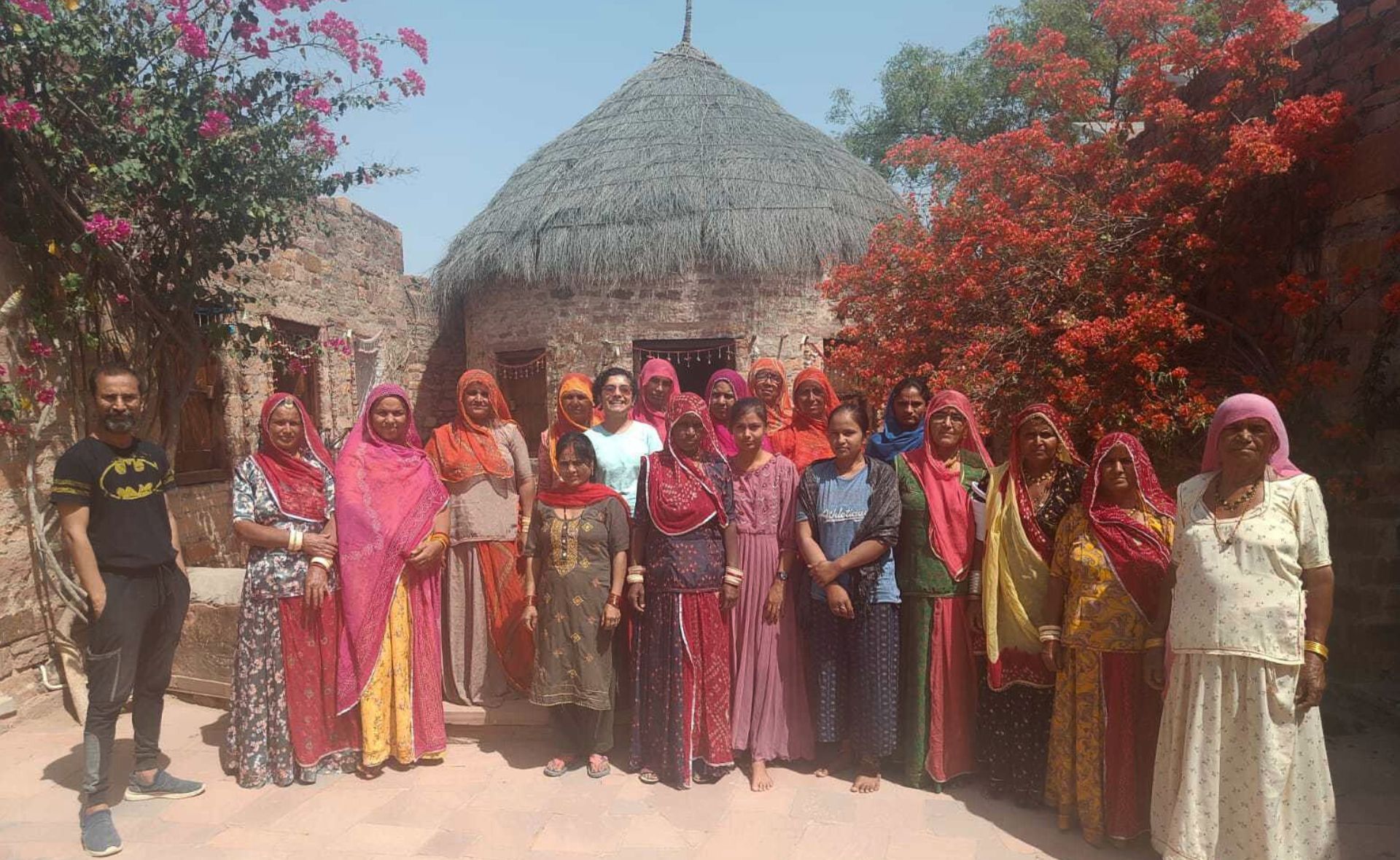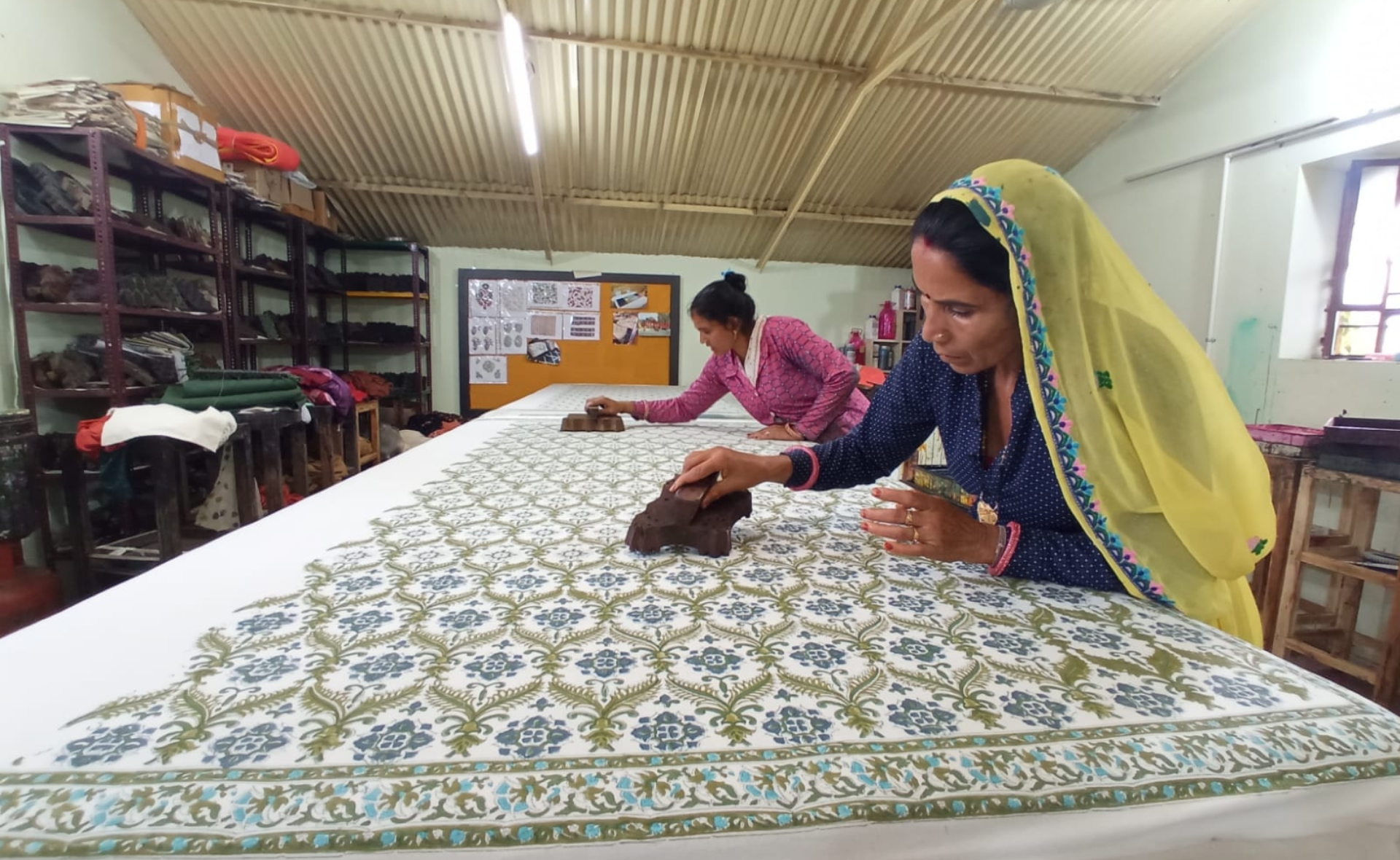Barauli Community Homestay
Impact
The homestay project is completely run by Tharu women, providing diversified income opportunities in the region. Several different activities and livelihoods have been built out of this homestay program, such as serving personnel and cooks, cooking class hosts, and local guides. New homestays have opened up in the region to meet the increasing demand for travellers to have authentic community experiences while in Chitwan.
The community saves a portion of all tourism profits to be reinvested into community development including environmental projects, scholarships for students and improving the tourism experience.

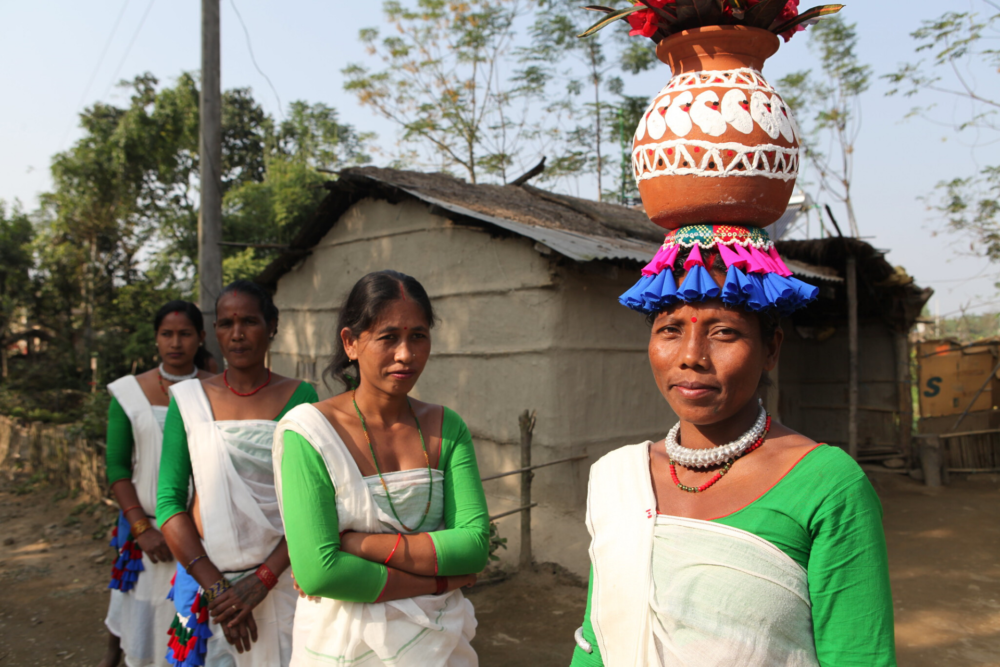
Critical Need
Barauli, home to the Tharu people, is a small Indigenous community near the Chitwan National Park in Nepal. The park is a popular tourism attraction that is well known for its wildlife but less known for the cultural value that it has to offer travellers.
Due to its distance from the typical tourism hotspots in the park, the Tharu residents have never been able to access the economic benefits of tourism. Limited opportunities for community members have led to engagement in illegal activities like poaching and deforestation in the park as a means of income diversification.
Our Involvement
The community homestay program was developed by Royal Mountain Travel, our ground partner, to connect travellers coming for the park’s wildlife with the rich culture of the Tharu people. The village started with 14 individual cottages that are part of the homestay program, plus a community dining hall. In 2015, Nepal was hit by a 7.8 magnitude earthquake. Planeterra worked with G Adventures to immediately respond to this earthquake and launched a campaign that would raise over $200,000 CAD for long-term redevelopment of the tourism industry in Nepal. These funds helped rebuild the homes of over 150 porters, local guides, resource poor women in the tourism industry’s homes, and the remaining helped purchase seven solar panels and hot water tanks to provide electricity and hot water to the community for the first time.



